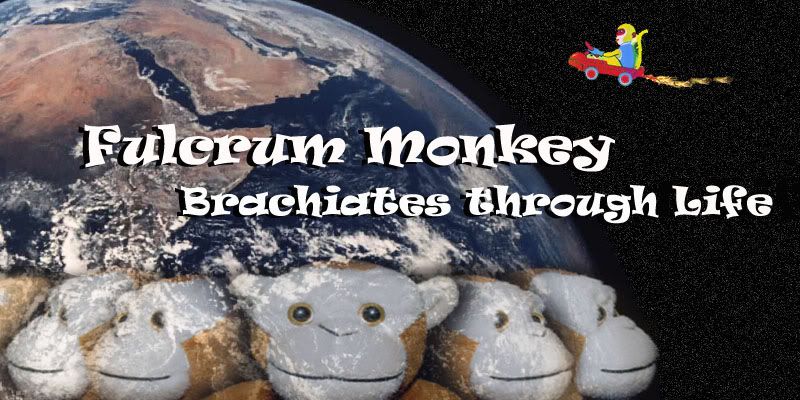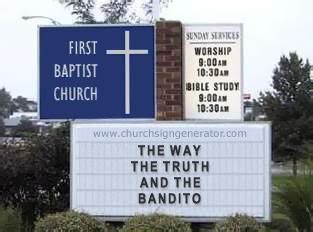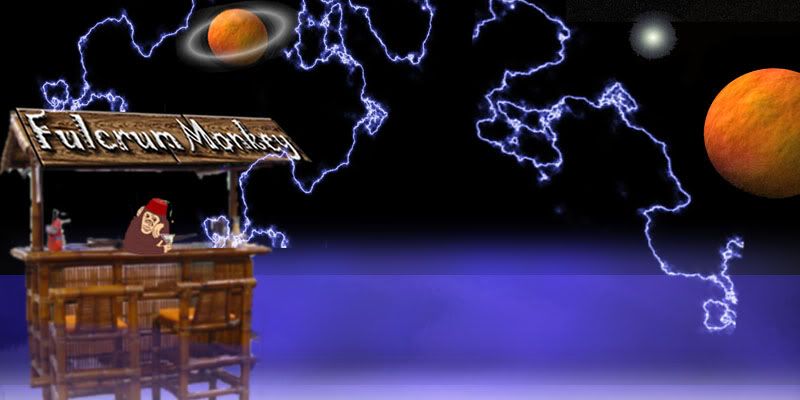Question # 6: What did Paulo Freire mean by human kind's ontological vocation?
Ontology is a branch of metaphysics that concerns itself with what
categorically is. Ontology asks questions of being. Martin Heidegger
is the philosopher who, together with his teacher Edmund Husserl,
reintroduced questions of ontology into contemporary philosophy.
Heidegger's book Being-In-Time is an attempt to reexamine Plato's
dialogues in a way that brings the idealism of Parmenides, who
formulated a philosophy where ideas precede things and stand outside
of time, in line with Heraclitus, who thought that the only absolute
was the principle of change. Heidegger argues that this was Plato's
dilemma and that being can only exist in time, not beyond it. This is
certainly Aristotle's critique of Plato.
We could look at all educational theories that we have explored so far
as an interplay between these two poles, a conservative notion that
truth is absolute and stands outside of time and a more liberal notion
of truth as fluid constantly transforming in time.
Freire is a student of Sartre who was in turn a student of and with
Martin Heidegger. For Sartre human nature is ultimately the
nothingness at the heart of being. Another way to say this is that
absolute human nature rests in our capacity to change. Sartre
obviously falls on the Heraclitian side of the debate, as does Freire.
For the existentialists following Sartre, the worst thing that can
happen to a person is to treat themselves or other people as objects.
Freire's pragmatic philosophy of education attempts to disrupt the
objectification and oppression of people by encouraging critical
dialogue with and about their everyday environments.
He asserts that, "It is the educator's task to assist individuals in
expanding the connection between concepts or issues of importance to
them to a larger evolving reality." In his assertion that the educator
should help people to move from doxa to logos he is paraphrasing
Heraclitus:
"One must follow what is common; but, even though the Logos is common,
most people live as though they possessed their own private wisdom."
(Fr.2) The common is what is open to all, what can be seen and heard
by all. To see is to let in with open eyes what is open to view, i.e.
what is lit up and revealed to all. The dead (the completely private
ones) neither see nor hear; they are closed. No light (fire) shines in
them; no speech sounds in them. And yet, even they participate in the
cosmos. The extinguished ones also belong to the continuum of lighting
and extinguishing that is the common cosmos. The dead touch upon the
living sleeping, who in turn touch upon the living waking. (Fr. 26)
Freire views the state of oppression and blindness that are part and
parcel with poverty as the responsible target of the educator.
Vocation is another word for work which has a connotative meaning of
work in a spiritual context or as accompanied by a calling in
accordance with an individuals higher nature. Work is a word for doing
and ontology a word for being yet for Freire, as for Sartre, there is
no being apart from doing as being only exists in relation to the
other in action moving forward in time. Ontological vocation is the
best work to bring about the best state of being accepting our
throw-ness in the world (what Sartre calls our Facticity) while at the
same time striving to embody the openness to the new that is our
shared true nature. Education in this context elevates us beyond our
biology towards our humanity.
I found a fascinating article by Johanne Provencal entitled Plato's
Dilemma and The Media Literacy Movement which combines Plato's
concerns about the transition from an oral to a writing based system
of knowledge/culture. This article feeds into my interests as I am
well familiar with Walter Ong's work Orality and Literacy: The
Technologizing of The Word (I imagine you studied with Ong during your
American Studies Program at SLU). Provencal uses Freire as a jumping
off place to talk about the importance of media literacy curriculum
for K-12 students.
In that visual media is a form of "Secondary Orality" we return to
tensions between the written and the oral, the open and the closed
text. For Friere this touches on his conceptions of the passive versus
the active student. I do think that educators are responsible for
cultivating critical minds and that we need to also envision ourselves
as teacher-students to be first open to critiques of ourselves.
Challenging but fun stuff. I haven't written about these issues for
years, but that I can do so from memory tells me a great deal about my
own vocation.
























